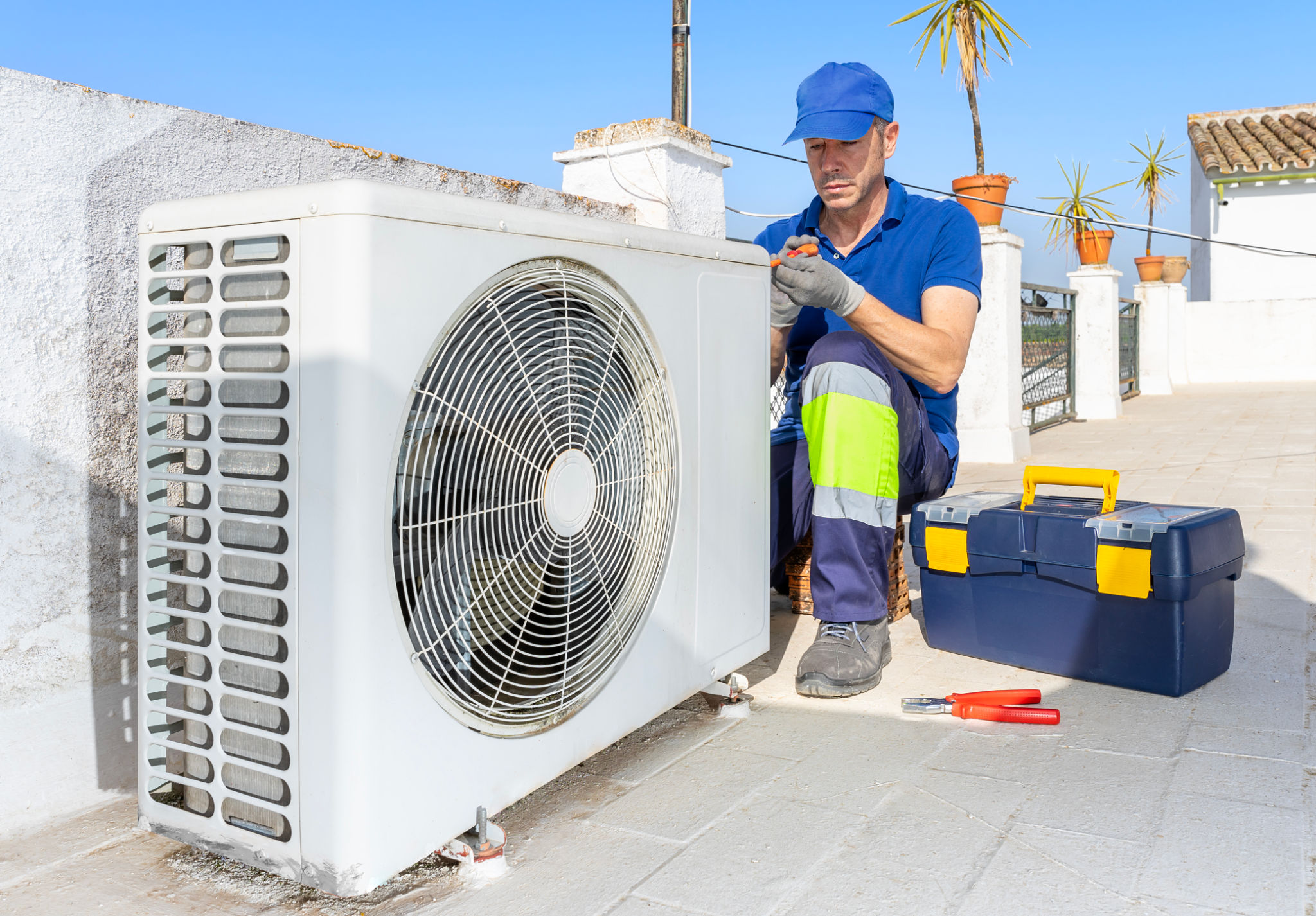DIY HVAC Maintenance Tips to Extend Your System's Lifespan
Understanding the Importance of HVAC Maintenance
Regular maintenance of your HVAC system is crucial to ensure its efficient functioning and longevity. Over time, even the best systems can become less efficient, leading to higher energy bills and more frequent repairs. By undertaking some simple DIY maintenance tasks, you can keep your system running smoothly and extend its lifespan.

Keep Your Filters Clean
One of the simplest and most effective ways to maintain your HVAC system is by regularly changing or cleaning the air filters. Dirty filters can obstruct airflow, forcing your system to work harder and consume more energy. It's recommended to check your filters every month and replace them every 1-3 months depending on the type of filter and usage.
Maintain the Area Around Your Outdoor Unit
The outdoor unit of your HVAC system needs ample space to draw in air efficiently. Ensure that there is at least a two-foot clearance around the unit, and remove any debris, leaves, or plants that might obstruct airflow. This step not only helps in better performance but also prevents potential damage to your unit.

Inspect and Clean the Coils
Both the evaporator and condenser coils can collect dirt over time, reducing their ability to absorb heat. Checking these coils annually and cleaning them when necessary can significantly improve your system’s efficiency. Use a soft brush or a vacuum with a brush attachment to gently remove any dust or debris.
Seal Leaks in Ductwork
Leaky ducts can lead to significant energy loss, as conditioned air escapes before reaching your living spaces. Inspect your ductwork for any visible leaks or loose connections and seal them using mastic sealant or metal tape. This simple action can enhance your system's efficiency and reduce energy costs.

Ensure Thermostat Accuracy
Your thermostat plays a critical role in maintaining a comfortable indoor environment. Check its accuracy by comparing the set temperature with the actual room temperature. If there’s a discrepancy, recalibrate it according to the manufacturer’s instructions or consider upgrading to a programmable thermostat for better control and efficiency.
Schedule Regular Professional Inspections
While DIY maintenance is essential, it’s also important to have your system inspected by a professional at least once a year. A certified technician can perform detailed checks, clean components you might not reach, and spot potential issues before they become major problems.
By incorporating these DIY tips into your routine, you’ll not only extend the lifespan of your HVAC system but also enjoy a more comfortable and energy-efficient home.
